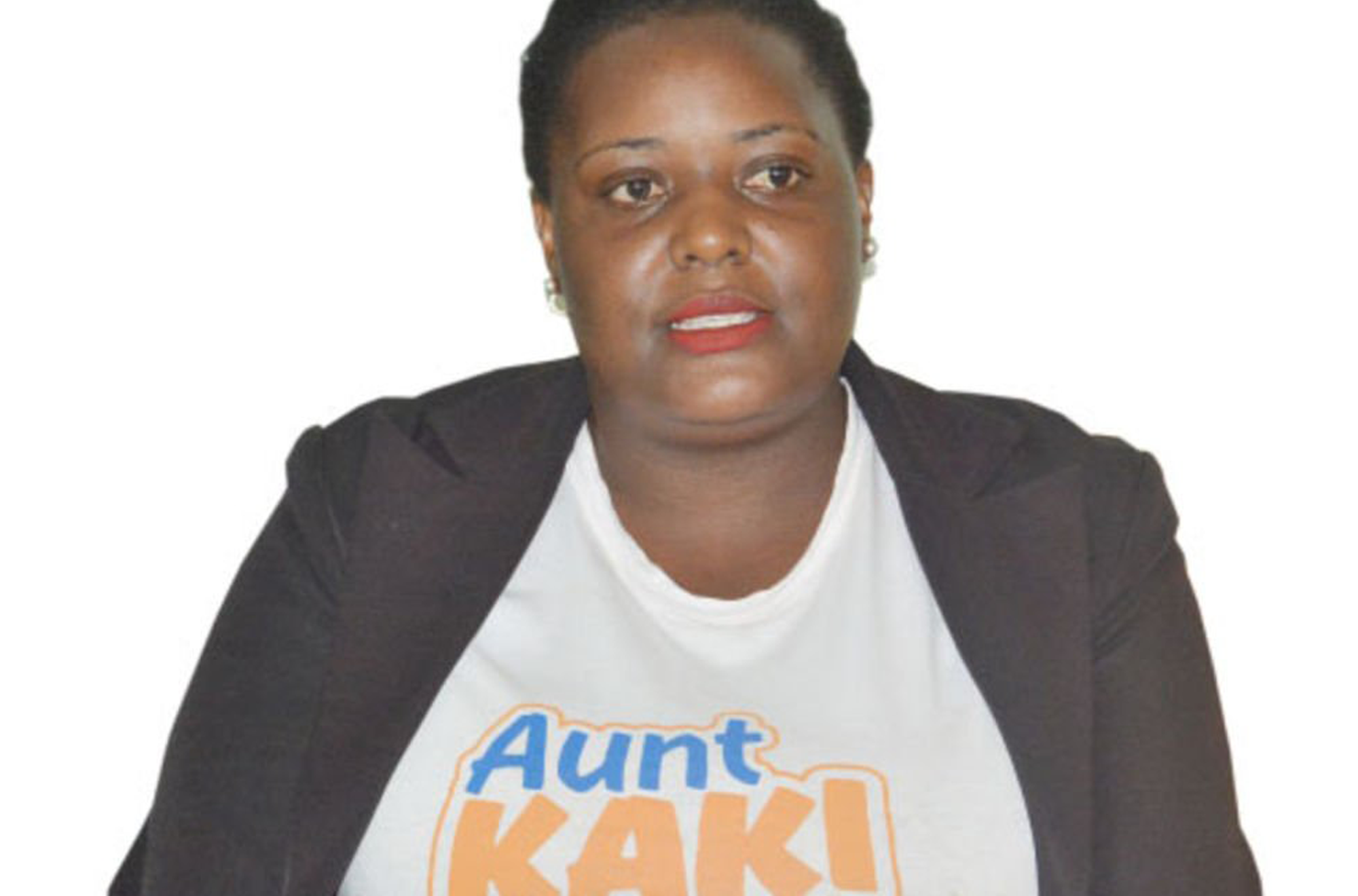
Abortion in Uganda is illegal unless performed by a licensed medical doctor in a situation where the woman’s life is deemed to be at risk. However, many women lose their lives in the process as they resort to crude methods in an attempt to hide their actions.
Fatumah Nakalembe (photo above) spends most of her working hours talking to girls about the effects of having unsafe abortions. She says community leaders largely do not want to talk about the subject, even though abortion is a reality in their communities. She is frustrated that no one seems interested in discussing and addressing the subject of abortion.
“Since there are still cases of defilement and unwanted pregnancies, we cannot sit back and not look, because at the end of the day, these girls opt for abortion and in hard-to-reach areas, it’s even worse. Some of the girls are defiled by their relatives and end up pregnant,” she says.
Nakalembe says she was born to fight for the rights of women and girls. She works under the auspices of the Community Health Rights Network (Coherinet), a non-governmental organisation which promotes sexual and reproductive health information in Kasangati, Wakiso District of Uganda.
Coherinet was established in November 2013 as a network of community-based organisations, community health workers, individuals and learning institutions from across the five regions of Uganda. Nakalembe joined later, after a friend of hers lost her life following an abortion, because neither of them knew what to do. By the time they talked to people for help, it was too late because the girl had already lost too much blood and she died. When Nakalembe saw life slipping out of her friend’s body, she says: “From that day, I was touched and asked God to give me courage so that I can save people’s lives, especially those who have had unsafe abortions. I realised I had to do something to save people’s lives.”
Nakalembe later trained to be a doctor, and talked to fellow doctors about how unsafe abortion can be stopped and why it is a silent pandemic. “In the course of my consultations, I got several reasons and this also gave me courage to do something to end it,” she says. That’s when she joined Coherinet. Her focus, she says, was to use the platform to save lives that would otherwise have been lost through unsafe abortions. She now spends a lot of her time talking to women and girls on the phone. Coherinet has a toll-free line for those who need help to call in.
Nakalembe says that the situation has become worse during the lockdown necessitated by the Covid-19 pandemic, because there was no access to public transport to reach service providers. Others did not have money to buy what is required to cause a safe termination. Some health facilities ran out of medications, or the price of supplies became too high. This caused a rise in unwanted pregnancies, with many of the victims young, mostly girls who were not attending school after the schools were closed.
Musa Yiga, the team leader at Coherinet, says cultural and religious beliefs are the major hindering factors in dealing with unsafe abortion, because people don’t entertain any conversation about the subject. Although there is a post-abortion care package that the government has rolled out at all government facilities, Nakalembe says they have discovered that some providers do not know how to provide these services. Worse still, she says, women of reproductive age at the grassroots levels do not know that these services are available, and they fear to ask because they believe it is not allowed even to discuss the subject openly. Nakalembe dreams of a day when every Ugandan woman of reproductive age will have full information about abortion.
SOURCE: Daily Monitor, by Shabibah Nakirigya, 14 February 2021 + PHOTO by Shabibah Nakirigya



